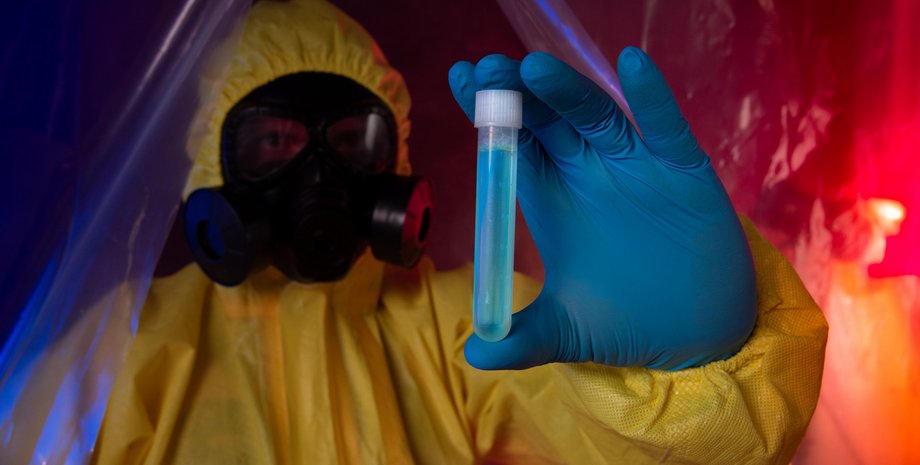
What kind of biological weapons program did communists and test tubes develop with the Kremlin's control? By investing in the Biological Repare, the USSR hoped that biological weapons would be able to provide an asymmetrical advantage over the West. Focus has translated the article of the military analyst of The National Interest Harrison Cassa, dedicated to the topic of biological weapons.
In the article called "Horror: The Secret Program of the USSR for the Creation of Biological Weapons" CASS spoke about the secret program of the USSR and what the Russian Federation turned. In the midst of the Cold War, the Soviet Union launched a large -scale program for the creation of a biological weapon called "Biological Product".
The secret program "Biological Product" operating on the basis of re -profiled civilian institutes was known to the public as a pharmaceutical and bio -protective conglomerate, which was generally true. But the dual nature of the program, which included the development of offensive biological weapons, was carefully hidden.
During its heyday, the Biological Product program covered dozens of research institutes, production enterprises and test centers, which worked thousands of employees throughout the Soviet Union. The scale of the program was striking both from the point of view of objects and labor resources and research in the field of biological weapons.
Biological studies have been focused on several biological agents, such as anthrax, which, according to Soviet scientists, could be successfully used as weapons in the event of a conflict. Although the development of biological weapons during the Cold War may seem inappropriate, the USSR was not the only country that was engaged in it.
The United States carried out their own biological weapons program in Fort Detric, Maryland, from 1943 to 1969, and other states, including China, developed their own programs in other places. Most biological weapons were focused on the biological agents mentioned above with minor differences between countries. Investments in the Biological Product reflected the calculation of the USSR, according to which biological agents could provide an asymmetric advantage over the West.
In the era, which was determined by nuclear restraint and large conventions of tanks and aircraft, biological threats, such as anthrax or tularemia, gave the USSR the possibility of plausible objection, local influence and serious disorganization of the enemy society. The existence of a "biological product" has also become an important lesson for international weapons control.
Despite the signed contracts that formally prohibit biological weapons, dual -use infrastructure, and civil cover could hide such programs, making contracts virtually invalid. When the Soviet Union collapsed, it became known about the existence of a "biological products". Some facilities and scientists have been included in the health care system and research institutions. Others participated in conversion programs.
But institutional knowledge of how to create weapons of mass destruction on an industrial scale cannot disappear so much. Are the traces of this program preserved in modern Russia? Most of all, no, at least in official form. Many of the former biological objects have been transformed into legal research centers. But professional personnel and knowledge of a large -scale, state -organized microbiological engineering have not gone anywhere.
Harrison Cass is a senior author of the defense and national security department at The National Interest. CASS is a lawyer and a former political candidate who joined the US Air Force as a trainee pilot and was then demobilized for health. It specializes in the military strategy, the aerospace industry and global security issues. Harrison has obtained a doctor of law at Oregon University and a master's degree in global journalism and international relations at New York University.










All rights reserved IN-Ukraine.info - 2022